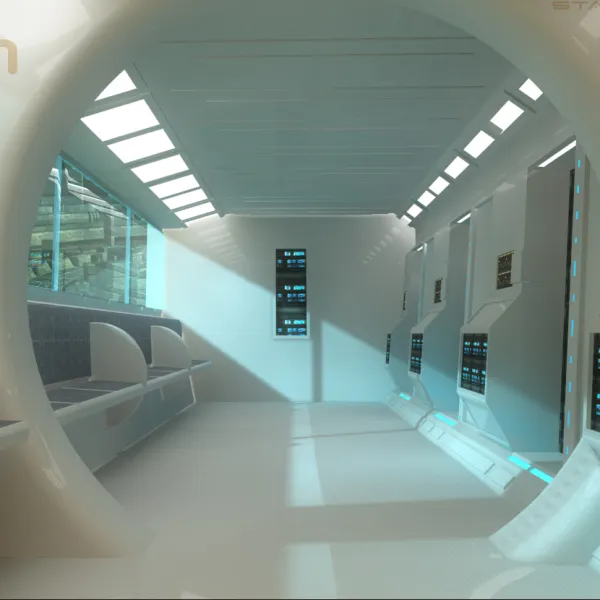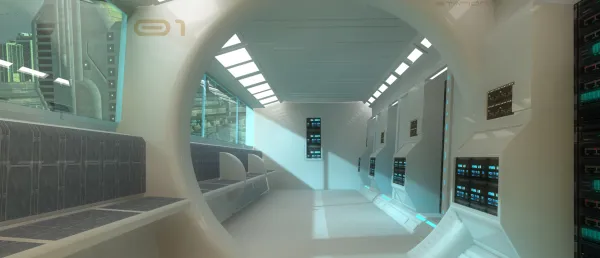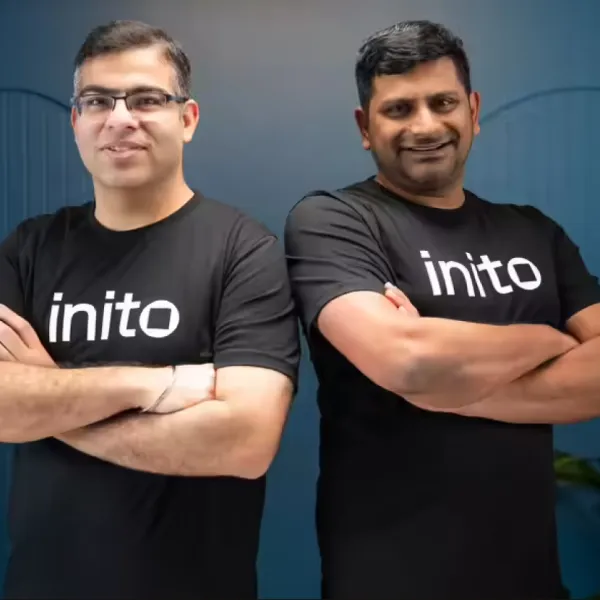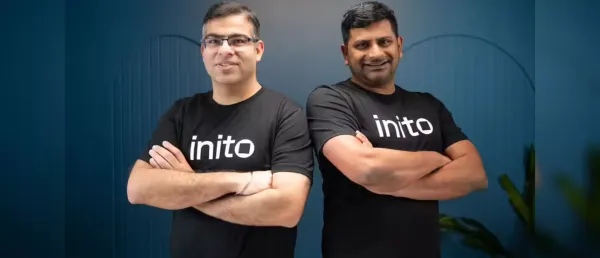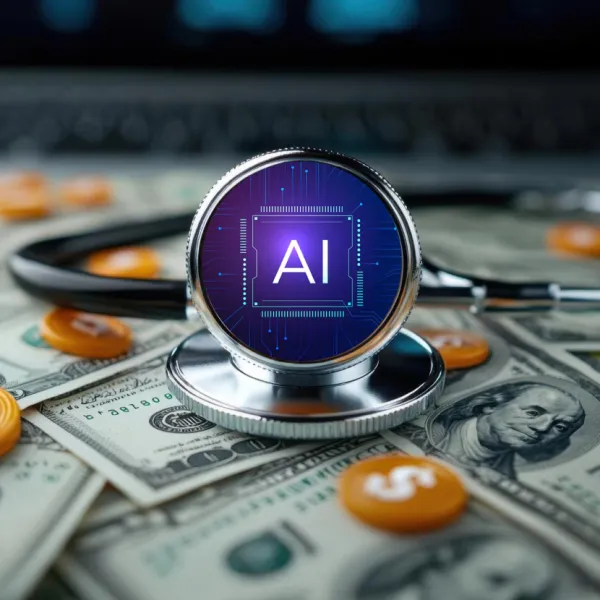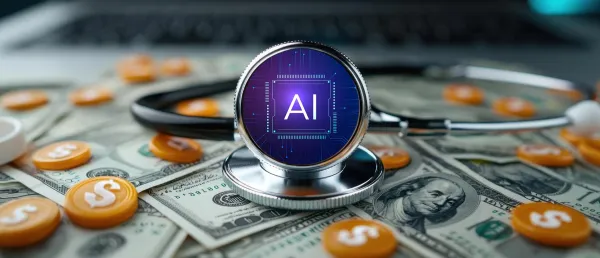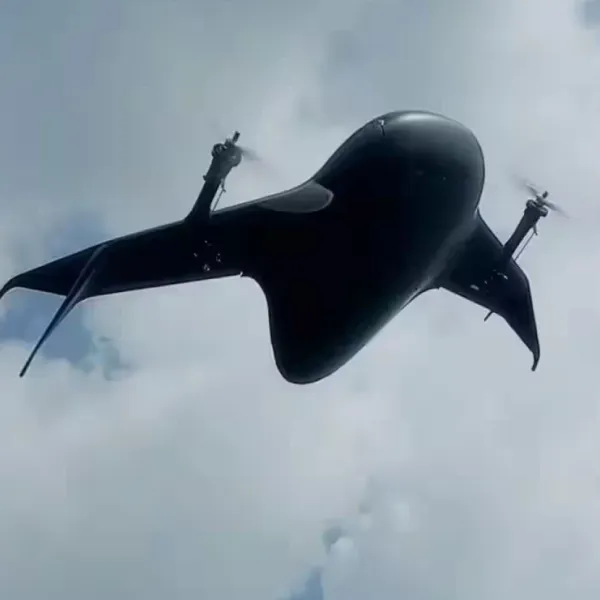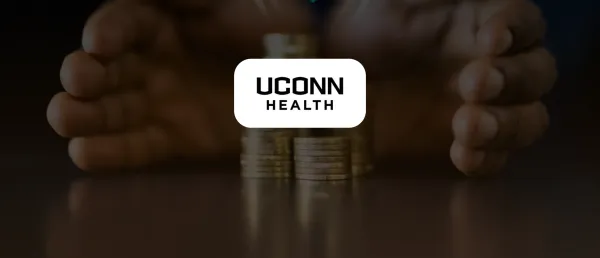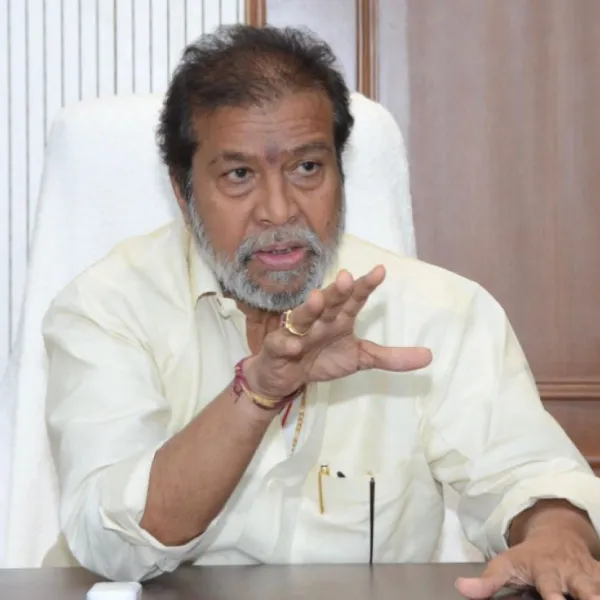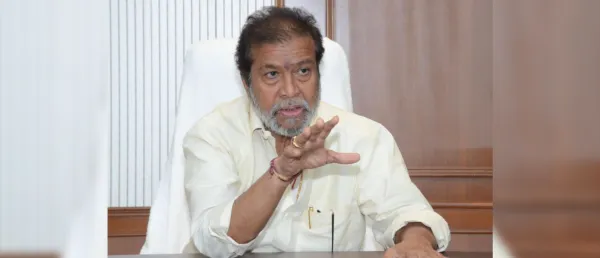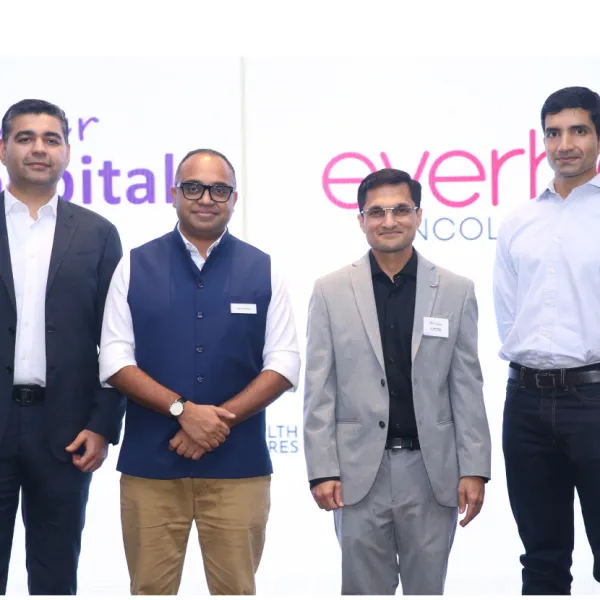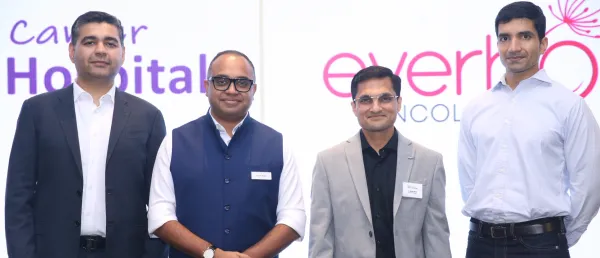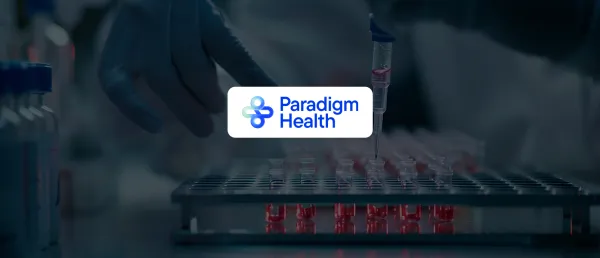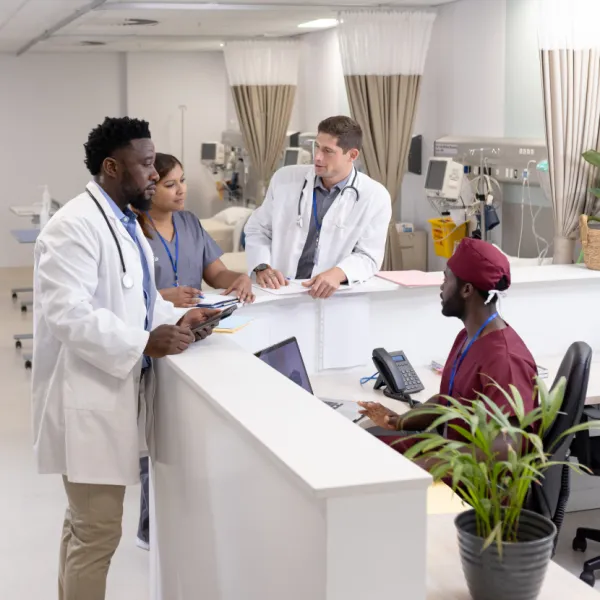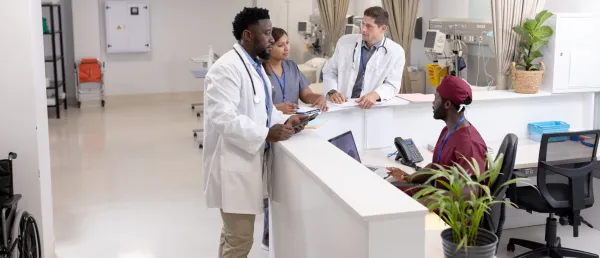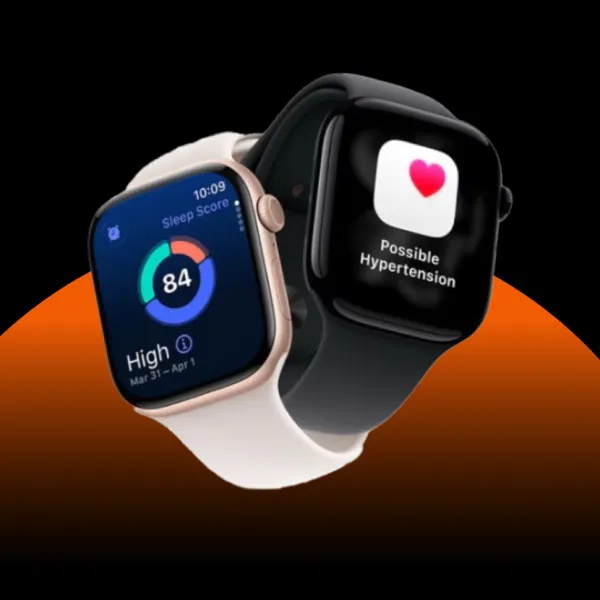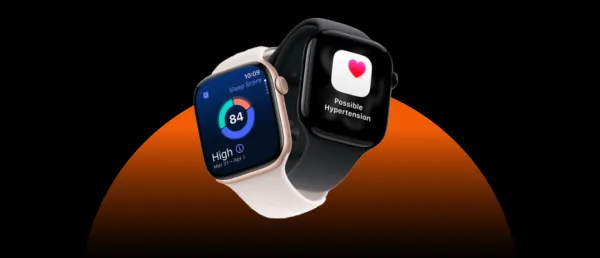Indian Pharmacopoeia Standard Recognized by 11 Countries: DCGI Rajeev Raghuvanshi

Raghuvanshi noted that India has recently notified six countries, of which products in five designated categories are applied for approval.
Dr Rajeev Raghuvanshi, Drugs Controller General of India (DCGI), has announced that 11 countries have officially recognized Indian pharmacopoeia as their standard for drug regulation.
"India is supplying drugs, vaccines, and medical devices to more than 200 countries worldwide. Eleven countries have already recognised Indian pharmacopoeia as their standard," said Raghuvanshi, during a recent event.
He further highlighted India’s expanding role in global clinical trials, stating, "We are approving, on average, 100 global clinical trials every year for the last couple of years. This demonstrates the trust international research organisations and functional companies place in the regulatory system we are continuously developing."
Dr Raghuvanshi also detailed India’s regulatory advancements in healthcare technology.
"On our part, India, through its National Regulatory Authority (NRA), is reviewing and has approved the latest technology-based products like CAR T-cell therapy, mRNA vaccines, and software as medical devices. This shows our ongoing upgradation of skills and capacity within our regulatory system," he added.
Moreover, speaking at a recent event, Raghuvanshi noted that India has recently notified six countries from which products in five designated categories are applied for approval in India.
In October, the Ministry of Health and Family Welfare confirmed that the Central Drugs Standard Control Organisation (CDSCO), in conjunction with the National Regulatory Authority (NRA) and associated institutions, has met international vaccine regulatory standards established by the World Health Organisation (WHO).
Reportedly, a WHO-led team of experts approved India’s vaccine regulatory system following a thorough scientific review conducted from September 16 to 20.
The WHO’s Global Benchmarking Tool (GBT) was used to re-assess India’s regulatory system.
According to the Ministry of Health and Family Welfare, "India has been declared 'functional' across all core regulatory functions under the WHO GBT, Version VI."
India plays a significant role in global vaccine production, housing 36 major vaccine manufacturing facilities. These vaccines are not only distributed domestically but also exported to over 150 countries, positioning India as a leading supplier of vaccines worldwide.
Dr. Saima Wazed, Regional Director, WHO Southeast Asia Region, noted that "India is the largest provider of generic medicines, and the Indian pharmaceutical industry is the third largest in the world." She added, "India provides over 50% of the world’s vaccine demands."
Punya Salila Srivastava, Union Health Secretary, echoed these sentiments, highlighting that "India’s pharmaceutical industry is now the fourth-largest export sector, further integrating India into the global pharmaceutical supply chain."
She added that India supplies 50% of the world’s vaccines, many of which go to agencies such as WHO, UNICEF, and GAVI.
Dr Rajeev Singh Raghuvanshi also spotlighted the country's recent regulatory achievements, including the approval of India’s first CAR T-cell therapy.
"We are continually upgrading our skills and capacities within the regulatory system and moving towards high execution with low regulation," he stated.
Stay tuned for more such updates on Digital Health News.
Stay tuned for more such updates on Digital Health News





